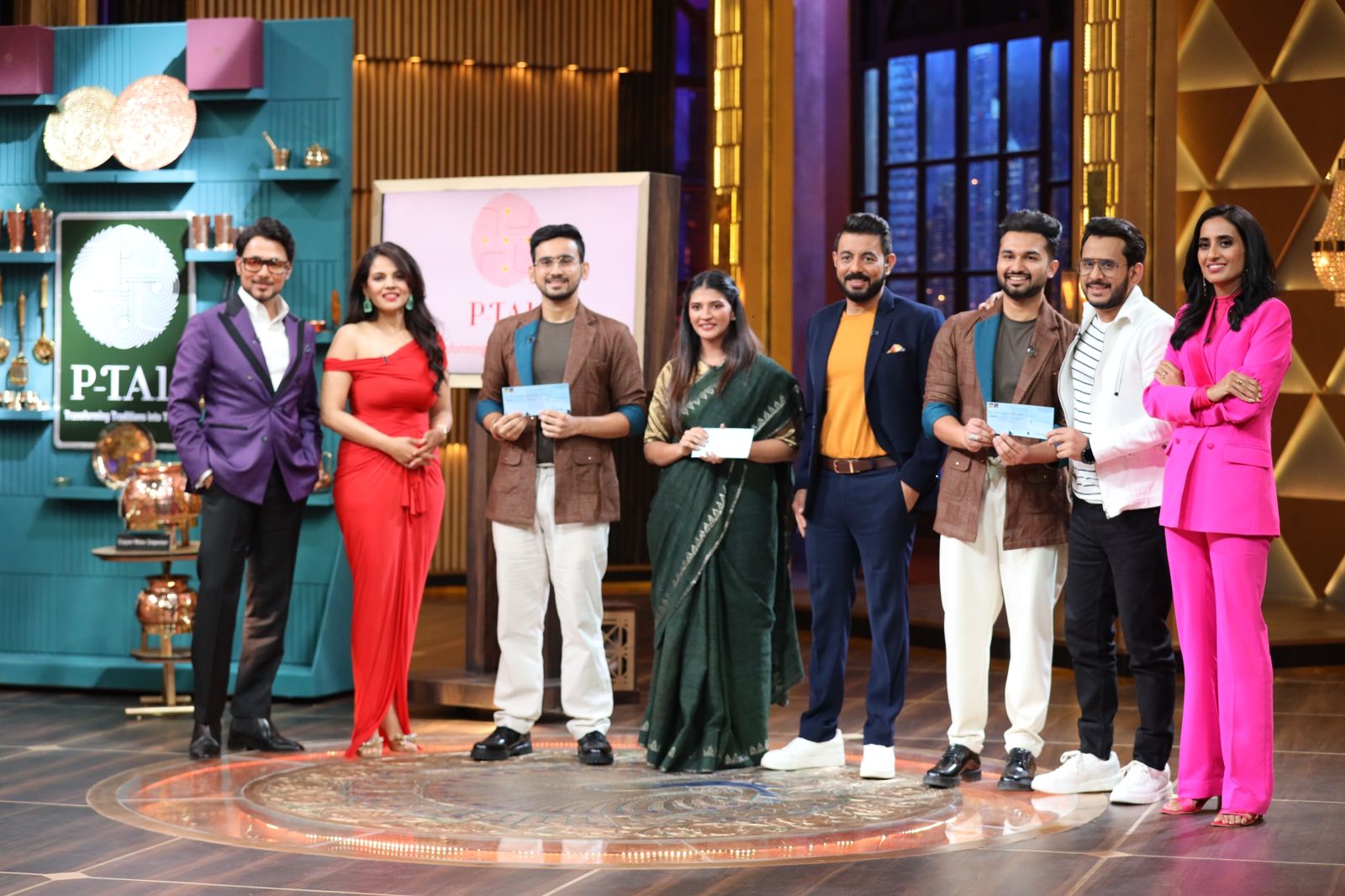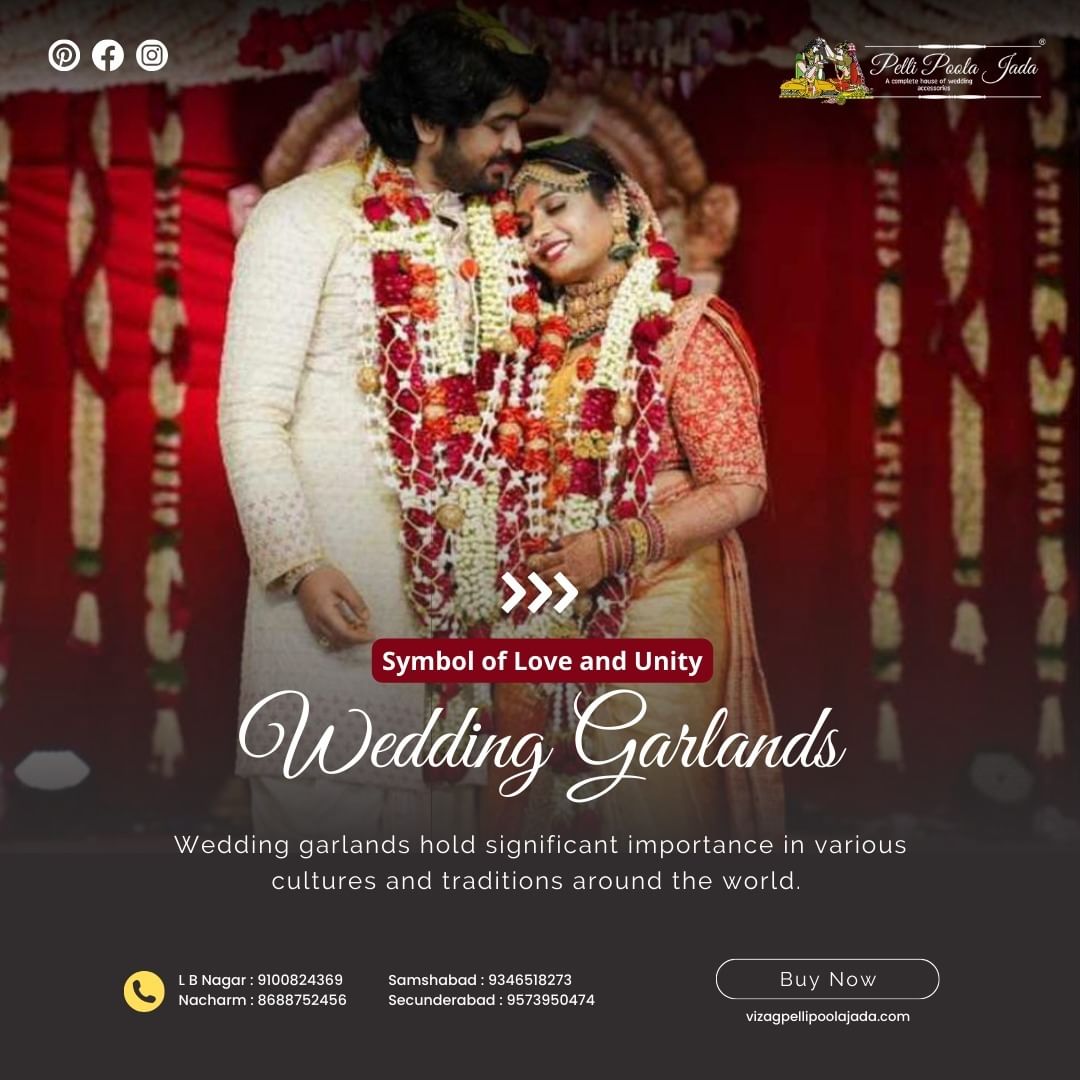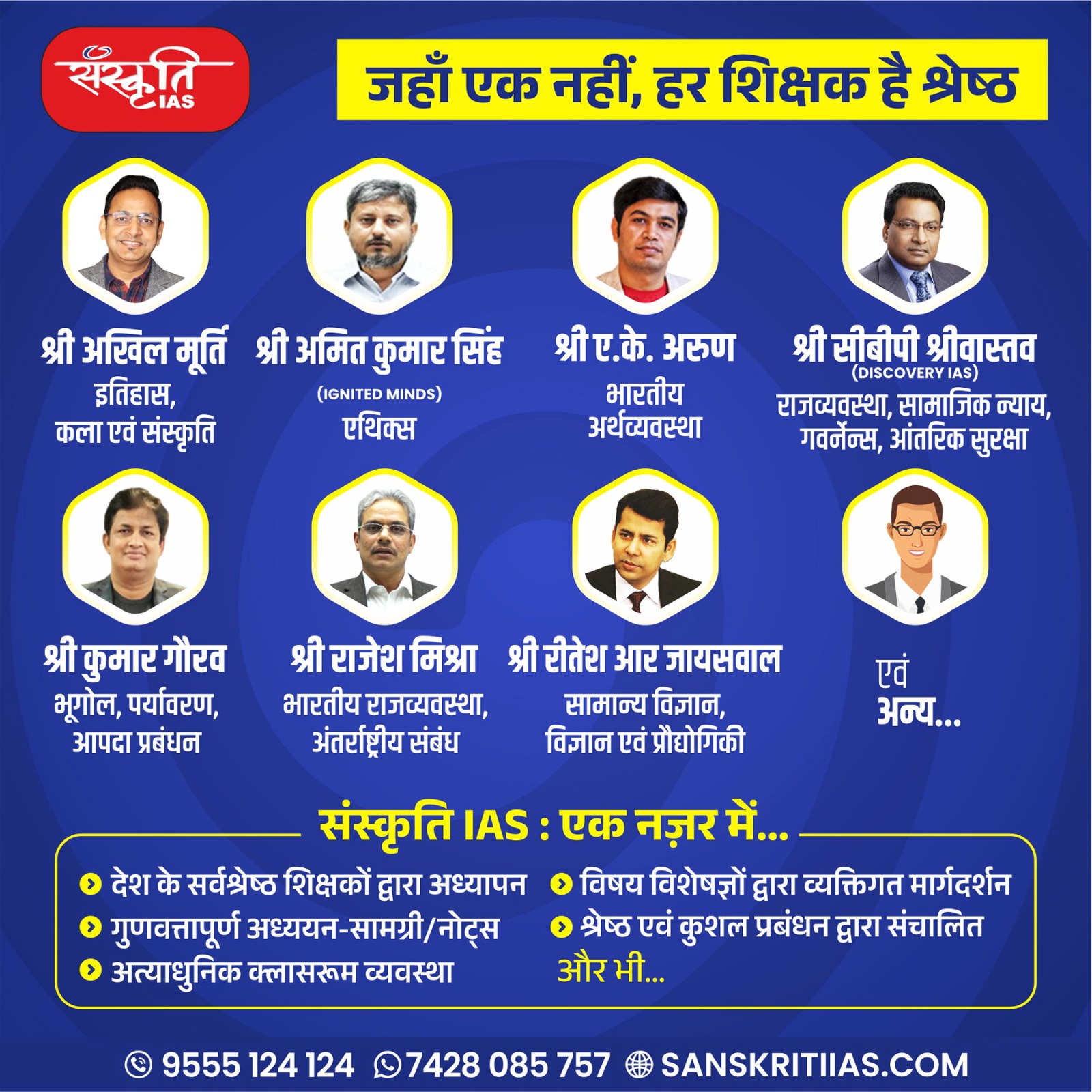At the heart of P-TAL lies a profound mission: to bring the rich heritage of age-old traditions into the contemporary world, ensuring that the beauty and wisdom of the past are preserved and integrated into our modern lives. Born from the visionary minds of college entrepreneurs, P-TAL emerged as a beacon of innovation and social change, focused on reviving the traditional crafts of brass, copper, and bronze artisanry. This venture is not just about rekindling a craft; it is a
commitment to making ethical and sustainable choices over convenient shortcuts.
By modernizing ancient practices and encouraging consumers to embrace quality and heritage, P- TAL stands as a testament to the power of the right choices and steers society towards a future where tradition and progress walk hand in hand.

As P-TAL navigated its way into the competitive arena of Shark Tank India, it sought investment and a platform to showcase the importance of preserving intangible cultural heritage through modern business models and marketing strategies. The intense negotiation culminated in a landmark deal, underscoring the potential of integrating traditional craftsmanship with
contemporary needs.
P-TAL’s story is a beacon for similar craft-based industries globally. It illustrates how traditional arts can be revitalized and transformed into trends, ensuring their survival and relevance in today’s world. With strategic tools like WebEngage for customer retention, P-TAL sets the stage for future global aspirations, crafting a future where heritage and innovation coexist
harmoniously. This is not just the story of a brand’s journey to success; it is a narrative of how heritage, art, and entrepreneurship can come together to create a better future for artisans and consumers alike.
When did you start your journey as an entrepreneur?
His journey as an entrepreneur began four years ago in college at SRCC. He started this social entrepreneurial venture called P-Tal, where the idea was to revive the craft of artisans from Jandialaguru who make brass, copper, and bronze products.
He found out that these artisans, who were based in, Jandialaguru Amritsar, were practising India’s only UNESCO-listed craft form. This craft form was on the verge of extinction because these artisans were earning just a mere 2000 rupees per month, which was too low a price for their craft and the work that they were doing.
Hence, his idea was just to modernize this craft form, see how he can back these artists, and ensure that these guys earn what they deserve for what they are making. So, his journey started to ensure how it could make this social impact.
Ultimately, when COVID came, they transformed P-TAL from a college project to a full-fledged global brand and business, where they could ensure that they could impact not just the artisans making these products but also the consumers who were using these products.

All traditional metals, like brass, copper, and bronze, have many health benefits, which
contribute to the overall well-being of our consumers from a health perspective. So yes, their journey as entrepreneurs started, then moved right from college as students and ultimately led them to here, when they were practising it after college is better.
How do the concepts of moral psychology and ethical decision-making theories explain the
internal conflict between choosing immediate gratification versus long-term well-being in
situations where the right choice is the more challenging path?
So, for them at P-TAL as well, one of the missions and visions, as always, is to ensure that they make sure people make the right choices instead of making the easy choices. So, if you look at our market and business model, the idea is to bring back the old brass, copper, and bronze
utensils against steel and aluminium utensils that used to last a lifetime in their household.
One can look back to history and see how these things happen in the industry. Most people used steel and aluminium products because they were easy to use. Some things were available at a cheaper price and did not require maintenance as well. However, people left brass and copper because they found them expensive. They needed specific maintenance.
Nevertheless, that was ultimately the right choice in the long term because they believe it is not just about what one eat or cook; it is also about how one cook your food and what utensils matter. How one cook food also determines its health. That is why they at P-TAL are trying to revive this craft form to ensure that people use the proper utensils for cooking.
So, even in their decision-making, they always consider what is right in the long term; they make those sorts of decisions rather than focusing on easy choices that give them immediate gratification.
How can the principles of behavior, real economics and cultural anthropology be applied to
design interventions that have age -old conditions in a contemporary context?
So for them as well, they wanted always to make sure that when they entered this community, they found out that one of the major problems was that all of these artisans used to make age-old utensils, giant bhandas or utensils used for gurudwaras only, which did not have a modern context or did fit the modern households. Hence, the design intervention was one of the most essential things in our business.
To modernize traditional designs in a contemporary manner, we ensure that if they want to bring age-old traditions back to their model lifestyle, they need to be revived. So, for them to transform, it is crucial to ensure that the old cultural traditions arrive in a contemporary manner.
P-Tal mission to revive the criteria graph, how does the integration of traditional
craftsmanship with modern business models and marketing strategies contribute to the
sustainability of intangible cultural heritage and what implications does this have or
similar graph based industry is globally, right?
These artisans or this traditional method do not have access to modern business ideas; they cannot use social media to that extent and cannot sell on Amazon and their website, which they can. They always believed they must inculcate these business ideas and modern packaging into this traditional way of creating utensils.
The entire thesis of the business is that they use many modern marketing and business methods to revive the traditional art form.
P-TAL Shark Tank
In the bustling world of business and innovation, there was a vibrant startup named P-TAL, known for its unique and artisanal products. The founders, brimming with dreams and aspirations, embarked on a journey to the renowned Shark Tank arena, seeking investment and validation of their hard work and vision.
As the sun rose on the day of reckoning, the founders stepped into the Shark Tank, their hearts racing with anticipation and nerves. They presented their beloved company, P-TAL, with pride, initially offering a tiny sliver of their dream – just 1 per cent equity – at a majestic castle in the sky valuation of Rs 50 crore. The Sharks, experienced titans of industry, watched closely, their minds calculating the risks and rewards.
The unfolded negotiation was nothing short of a classic tale of wit, perseverance, and the relentless pursuit of success. Words flew like arrows, numbers danced, and the tension in the room could be cut with a knife. The founders, steadfast in their resolve, navigated the turbulent waters of negotiation with a deft hand.
After what seemed like an eternity, amidst the intense scrutiny and back-and-forth deliberations, a glimmer of hope emerged. The Sharks, moved by the founders’ passion and recognizing the potential of P-TAL, decided to come together in an unprecedented move.
The deal was monumental – an investment of Rs 1 crore for a 3.2 per cent stake in P-TAL, valuing the company at Rs 31.25 crore. This valuation was a testament to the founders’ hard work and the potential the Sharks saw in P-TAL. It was a significant step down from the initial castle in the sky but a more realistic foundation for their future success.
The investment was double what the founders had initially hoped to secure, marking a pivotal moment in P-TAL’s journey. From bootstrap beginnings, where every rupee was a prisoner, to securing vital funding from some of the most astute minds in business, P-TAL had traversed a path few dared to dream of.
This deal was not just a financial transaction but a confluence of dreams, hard work, and the relentless spirit of entrepreneurship. Now partners, the founders and the Sharks, looked towards the horizon, ready to embark on this new chapter together, writing a story of success, innovation,and inspiration for future.























